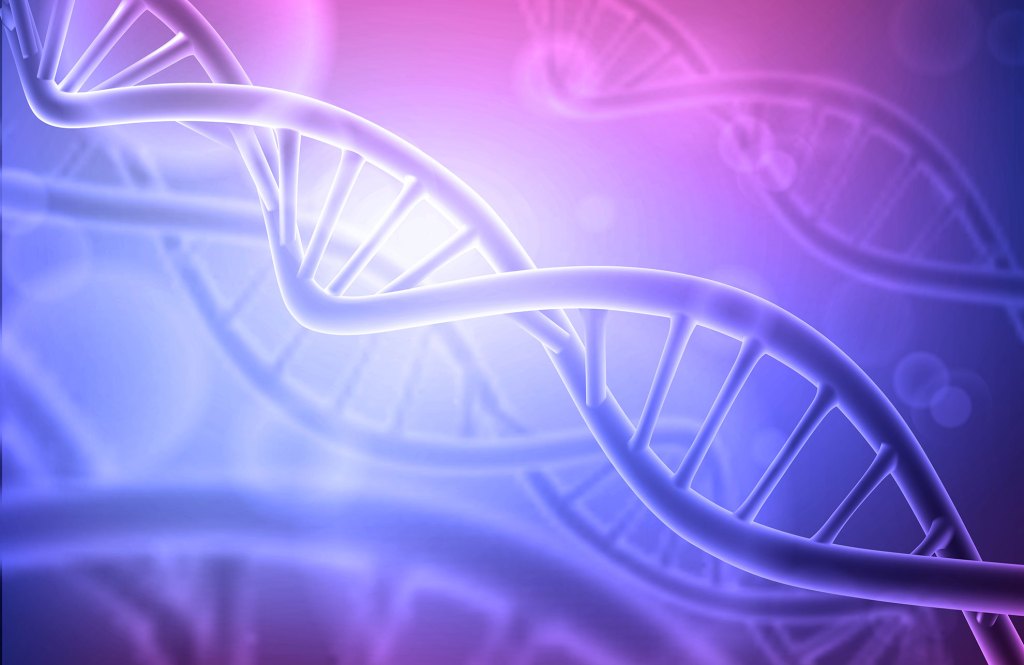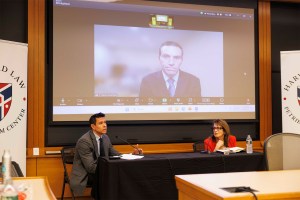Science & Tech
-

Harsh past might bare its teeth
Early adversity leads to higher aggression and fearfulness in adult canines, study says

-

What will AI mean for humanity?
Scholars from range of disciplines see red flags, possibilities ahead
-

‘Human exceptionalism is at the root of the ecological crisis’
Saving the planet requires getting over ourselves, argues author of ‘The Arrogant Ape’
-

Lauren Williams awarded MacArthur ‘genius grant’
Math professor honored for theoretical breakthroughs with sometimes surprising applications across phenomena such as tsunamis, traffic
-
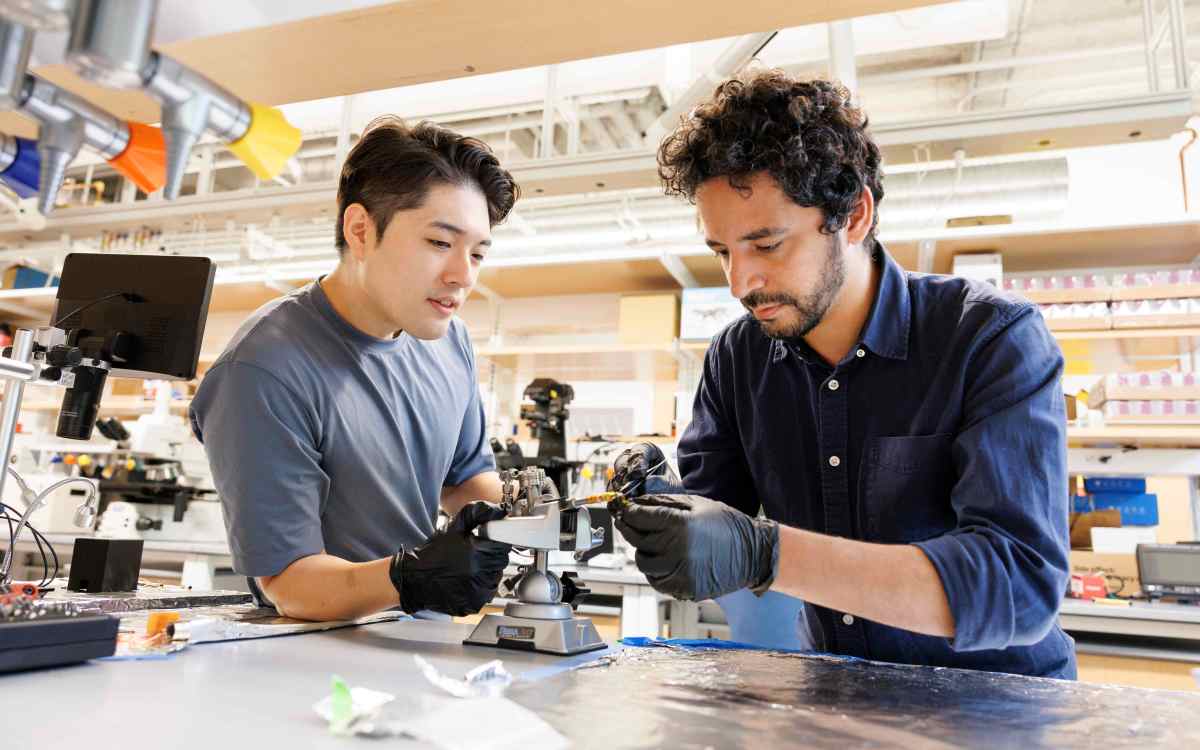
-
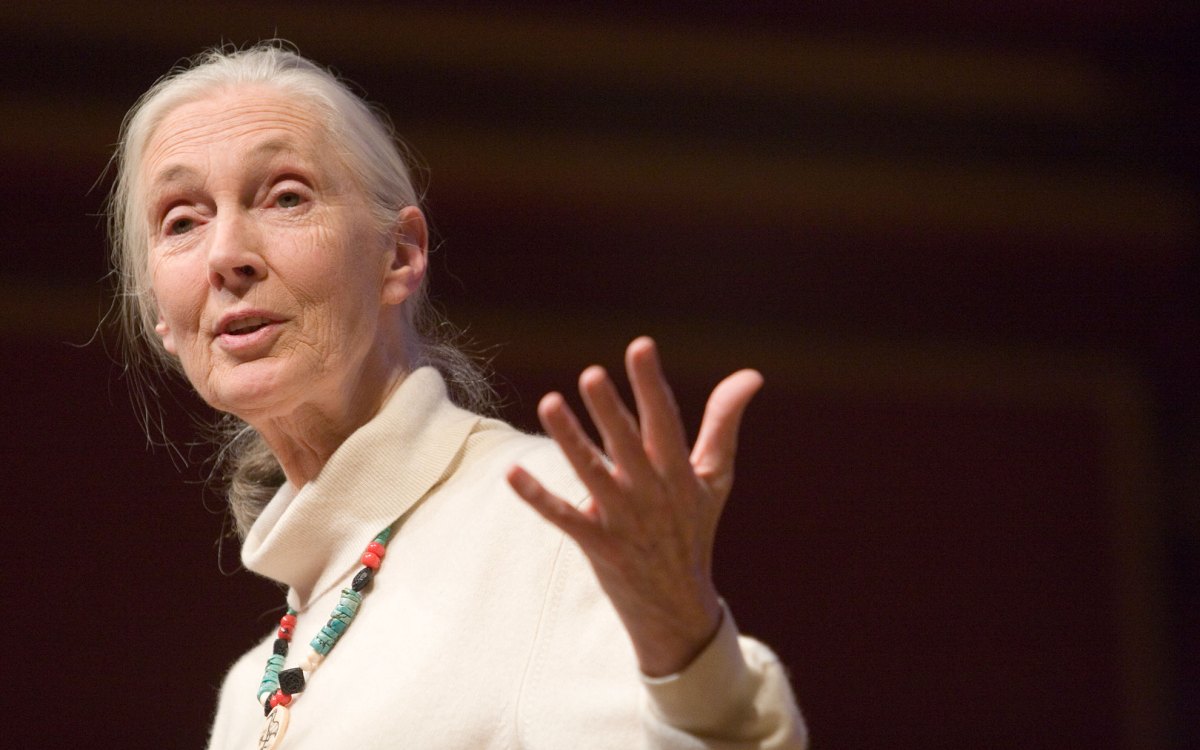
‘She had a sense of caring for everybody that she encountered.’
Richard Wrangham remembers his teacher and colleague Jane Goodall as a force of science, empathy, and hope
-
Hunting a basic building block of universe
Researchers find way to confirm existence of axions, which make up dark matter
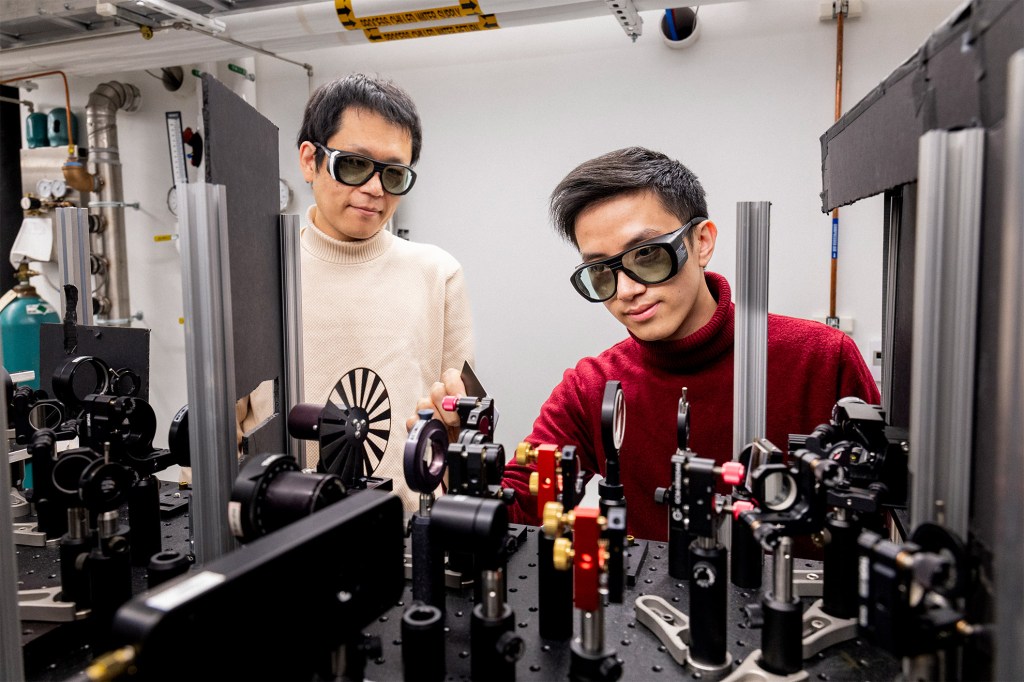
-
Like having a personal healthcare coach in your pocket
New apps for cancer patients, cannabis users, others make use of algorithms that continually customize support
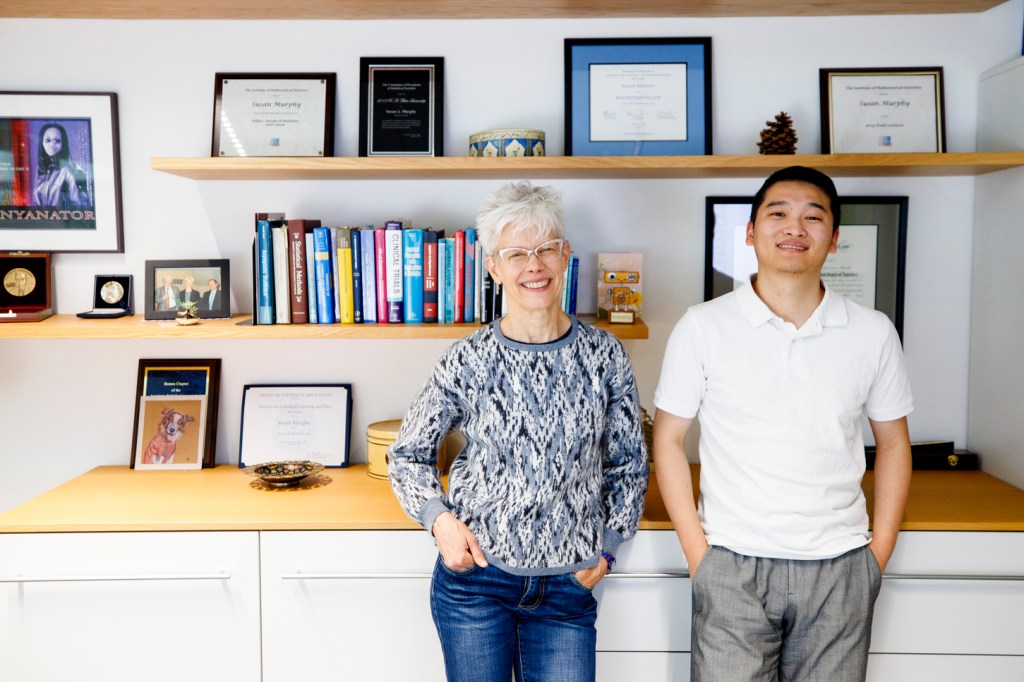
-
‘Chromosomal Jell-O’ could be key to treating genetic diseases linked to X chromosome
After decades of research, potential therapies for Fragile X and Rett syndromes come into view

-
Lower canopies show struggle for tropical forests
NASA technology guides scientists as they track health of ‘Earth’s lungs’
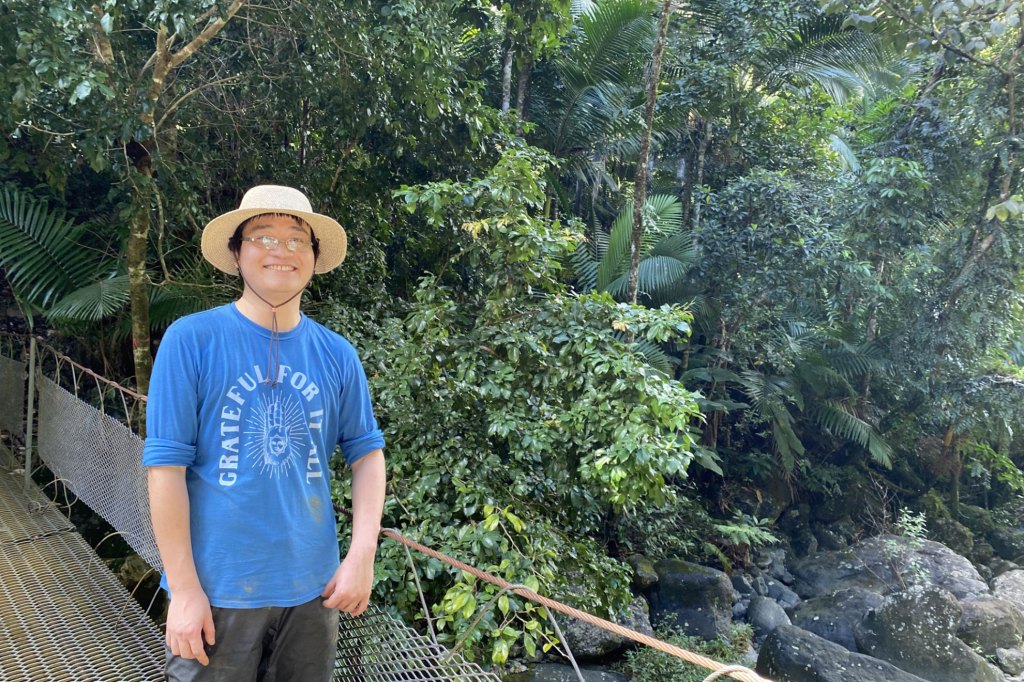
-
AC use to surge as world gets hotter. Harvard startup has a solution.
Novel system works like a coffee filter to dry, cool air more efficiently
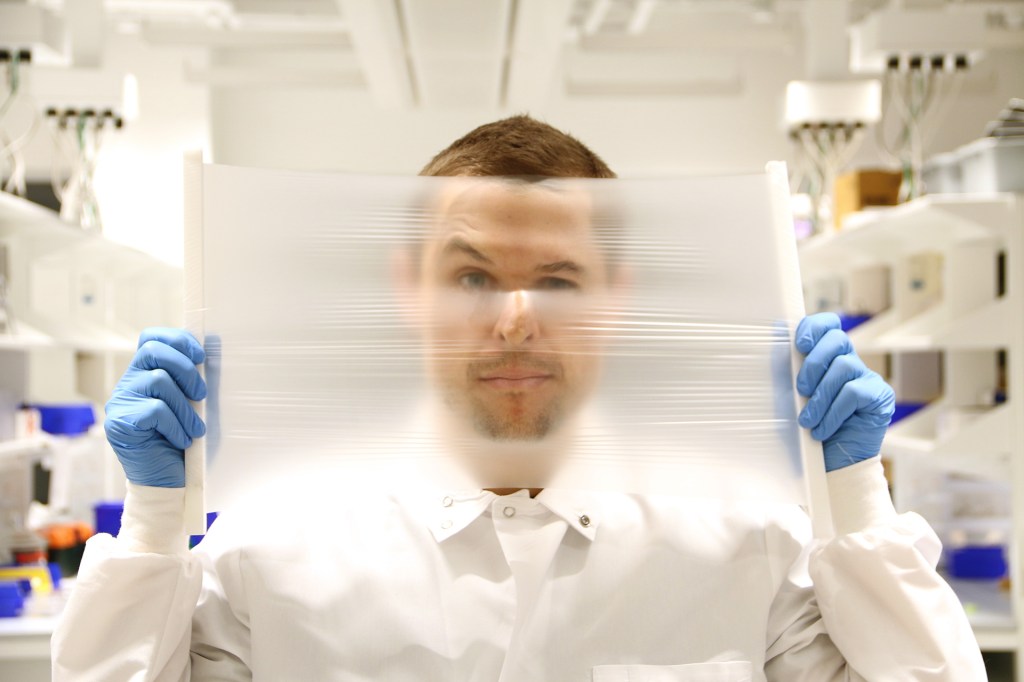
-
When a stove’s virtues amount to more than just hot air
Science historian examines how Benjamin Franklin’s invention sparked new thinking on weather, technology
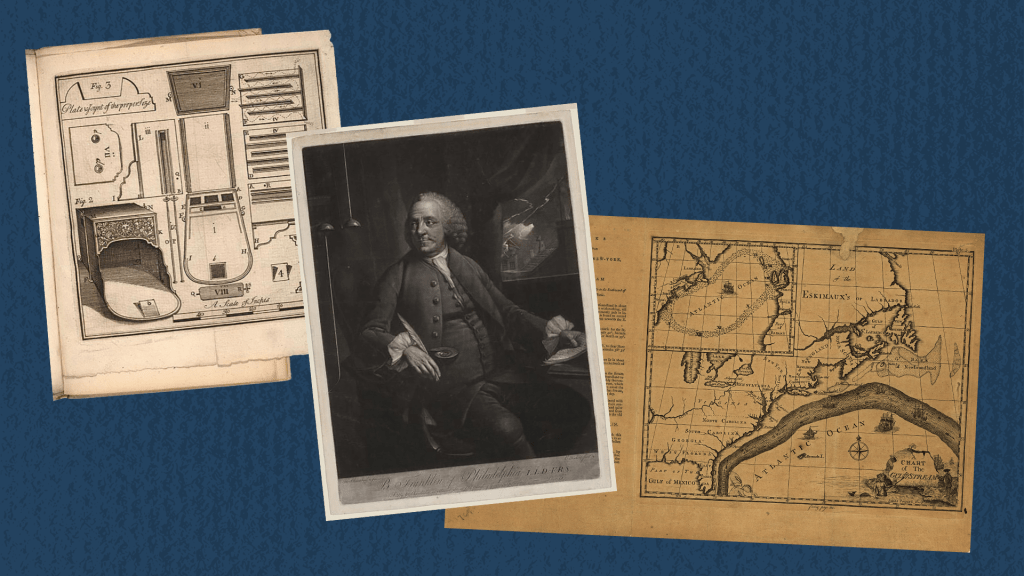
-
Results from global collaboration raise questions about future of universe
CfA astronomers play crucial role in DESI analysis of dark energy, matter

-
From Capasso lab to your living room
Rob Devlin helped develop innovative new mini-lens as grad student. Now startup he runs produces millions of them for consumer electronics.

-
How rat watching can yield benefits for people
New AI method lets researchers get better handle on brain-behavior link, may offer insights into disorders like autism
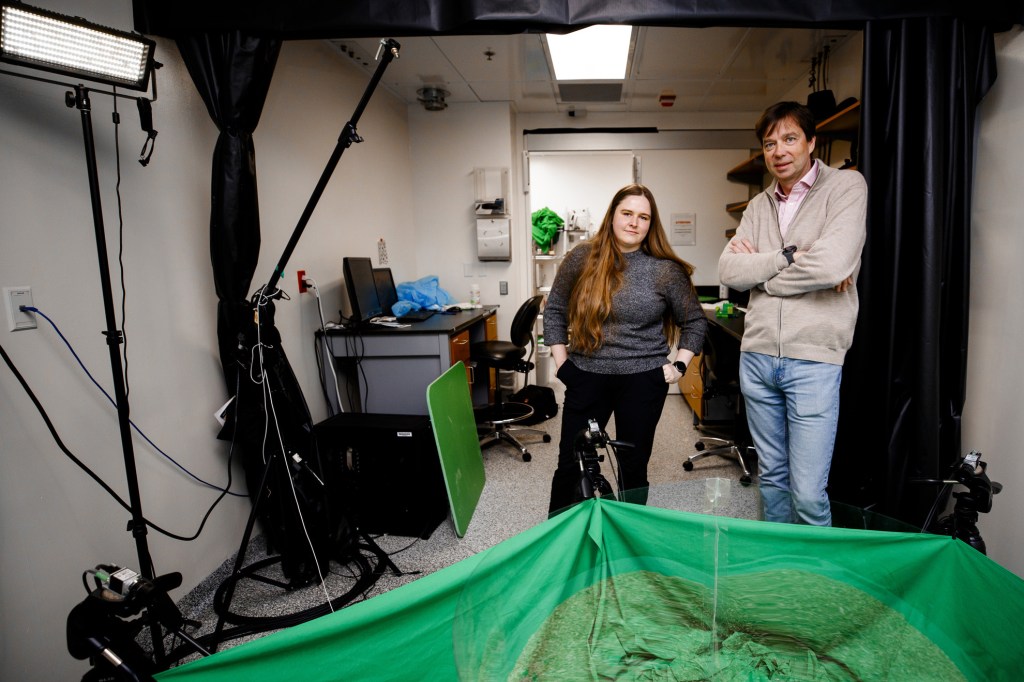
-
What are the odds of picking a perfect NCAA bracket?
Statistician explains why ‘it’s unlikely to happen in anyone’s lifetime’

-
Life-changing brain tech, but with a chilling caveat
Fellow’s paper draws from history to urge caution on brain-computer interfaces
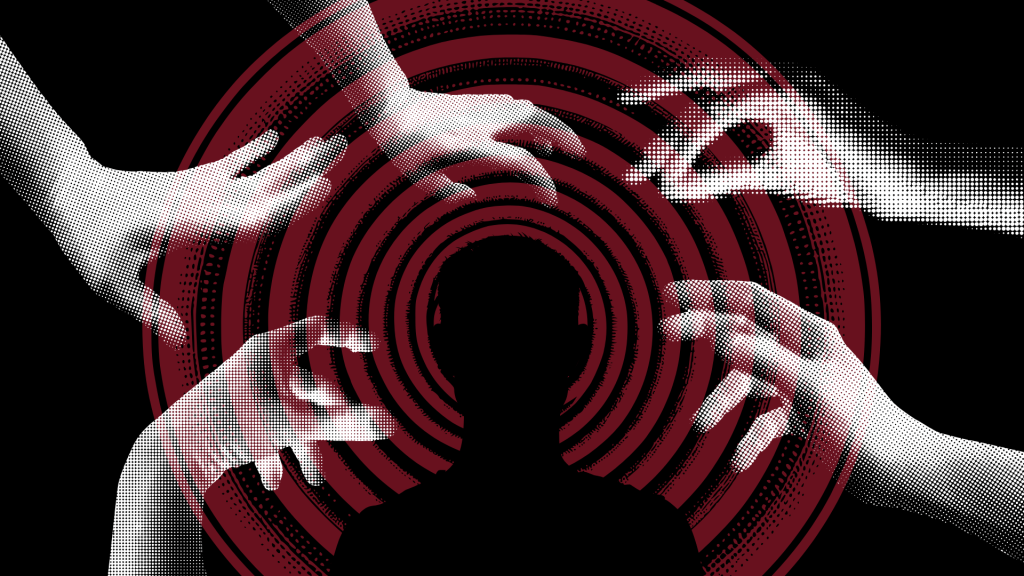
-
Why new qubit may give ultrafast quantum computing a boost
Microsoft discovery appears to be more stable, robust option
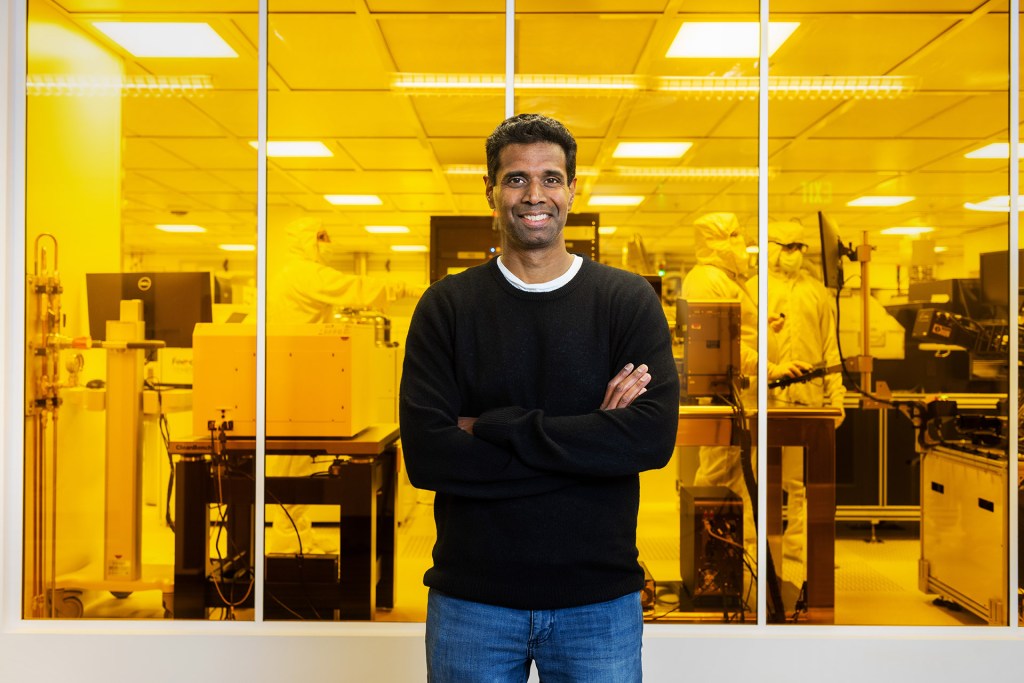
-
When the woods are your climate change lab
For these researchers, Harvard Forest is a labor of love, and that love is changing
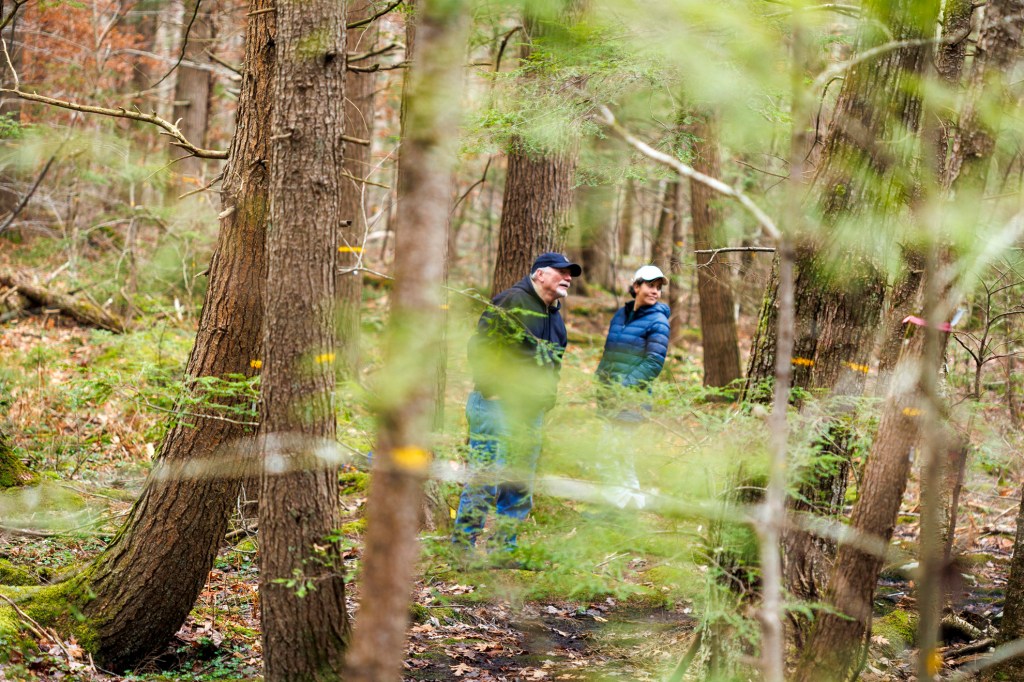
-
Exploring superconducting electrons in twisted graphene
Could up the game of lossless power transmission, levitating trains, quantum computing, even energy-efficient detectors for space exploration
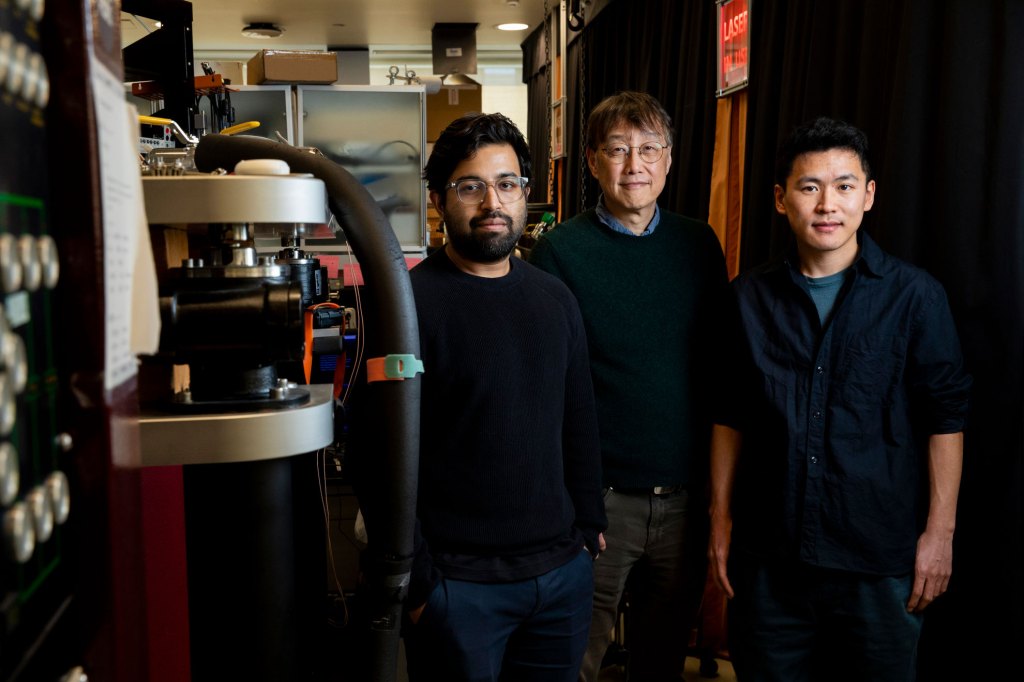
-
Hinting at answer to a chicken-or-egg question on evolution
Accidental find may help scientists resolve which evolved first: ability to produce oxygen by photosynthesis or consume it by aerobic metabolism
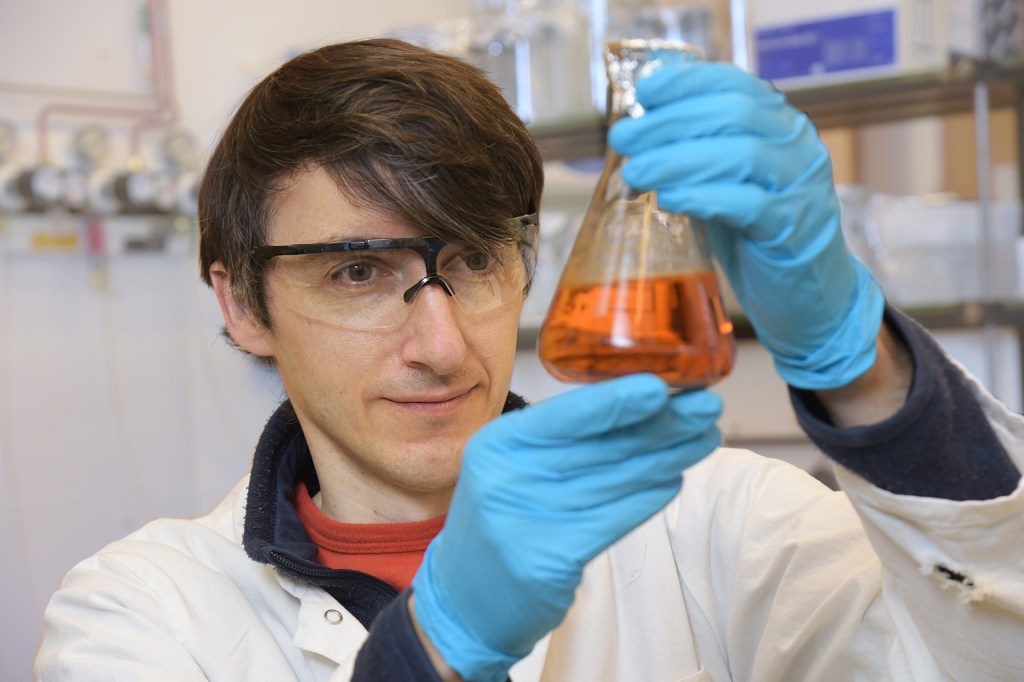
-
What electric fish can teach scientists about NeuroAI
Modeling their behaviors may help in development of new AI systems
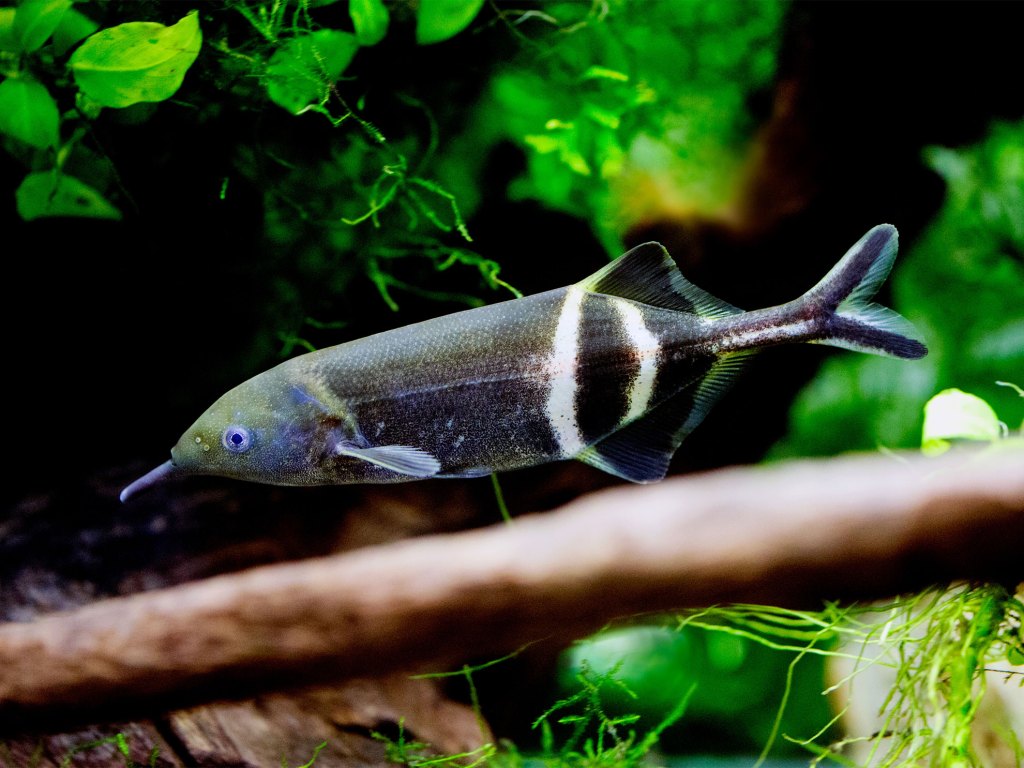
-
Even Bill Gates thinks AI is a little scary
Tech pioneer visits campus with his new memoir to discuss beauty of math, dropping out of College, founding Microsoft, value of curiosity

-
What prompts genetic adaptation? Ask a finch.
Groundbreaking pangenomic study suggests big DNA flip may have made small bird resistant to some diseases
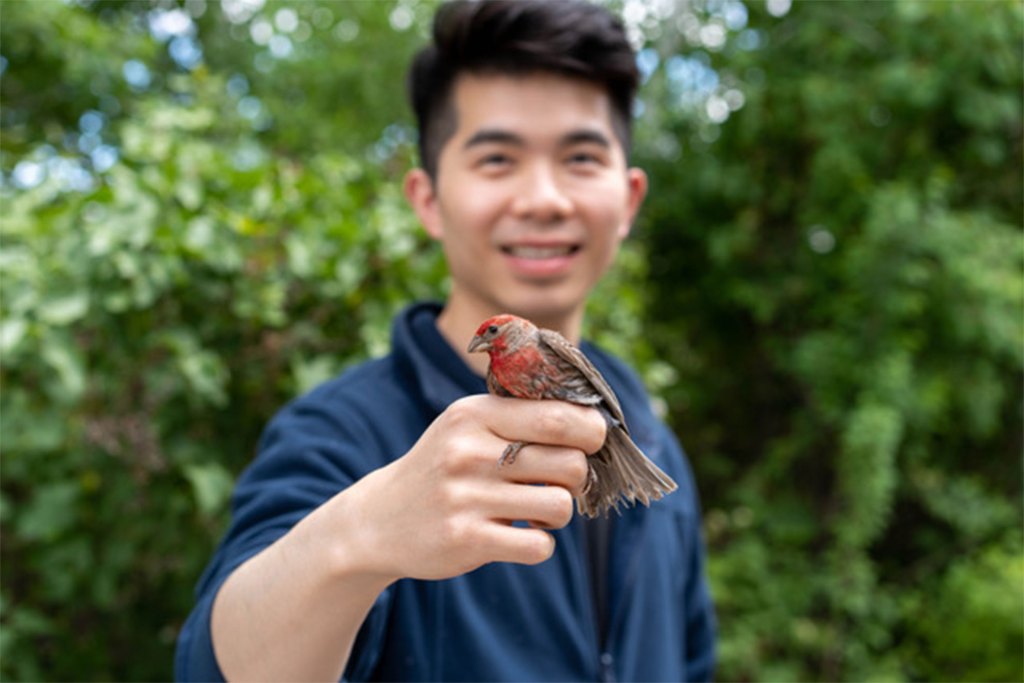
-
Landmark studies track source of Indo-European languages spoken by 40% of world
Researchers place Caucasus Lower Volga people, speakers of ancestor tongue, in today’s Russia about 6,500 years ago
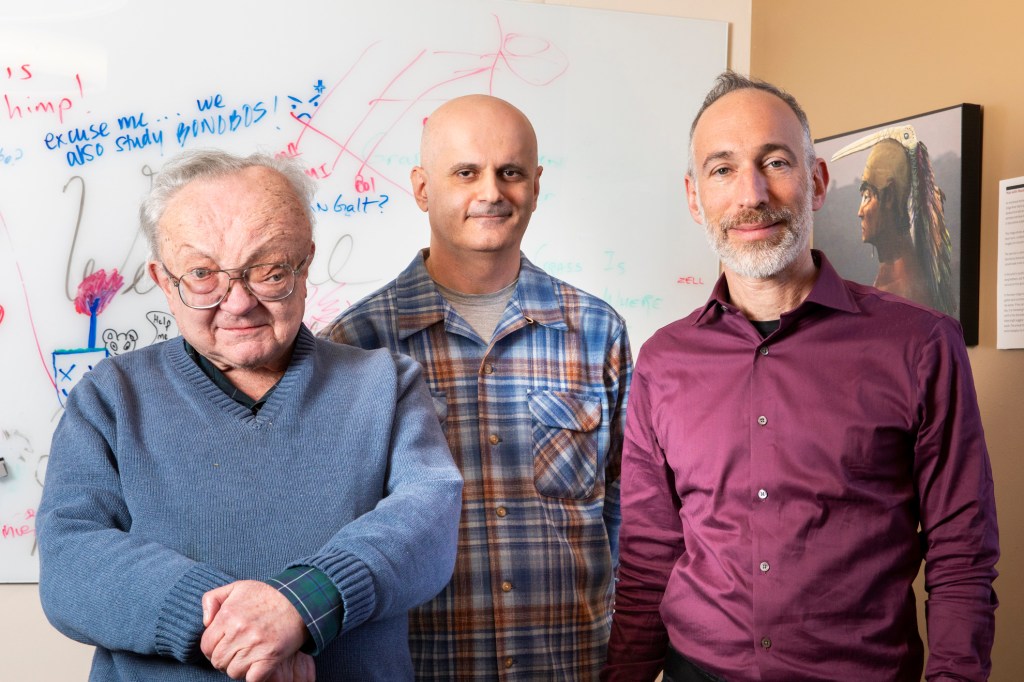
-
Researchers make leap in quantum computing
Trapping molecules for use in systems may help make ultra-high-speed experimental technology even faster
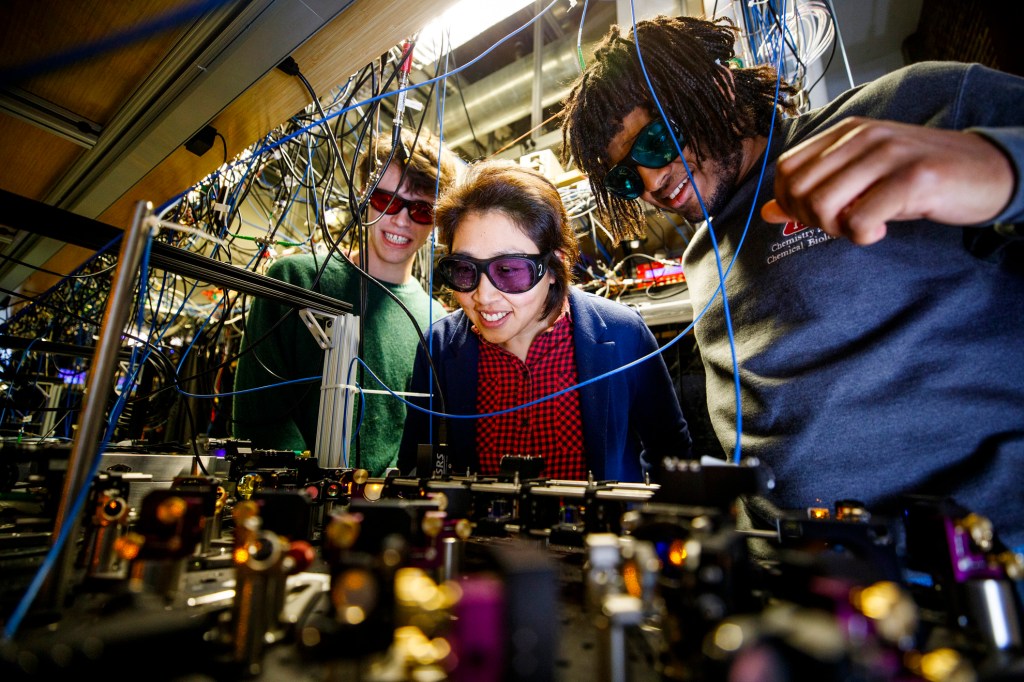
-
Wish you had a better memory?
Take our research-based quiz for tips on improving recall when it matters most

-
A small slice of time
An NSF project builds a special camera to shoot the night sky, light up dark matter, and map the Milky Way
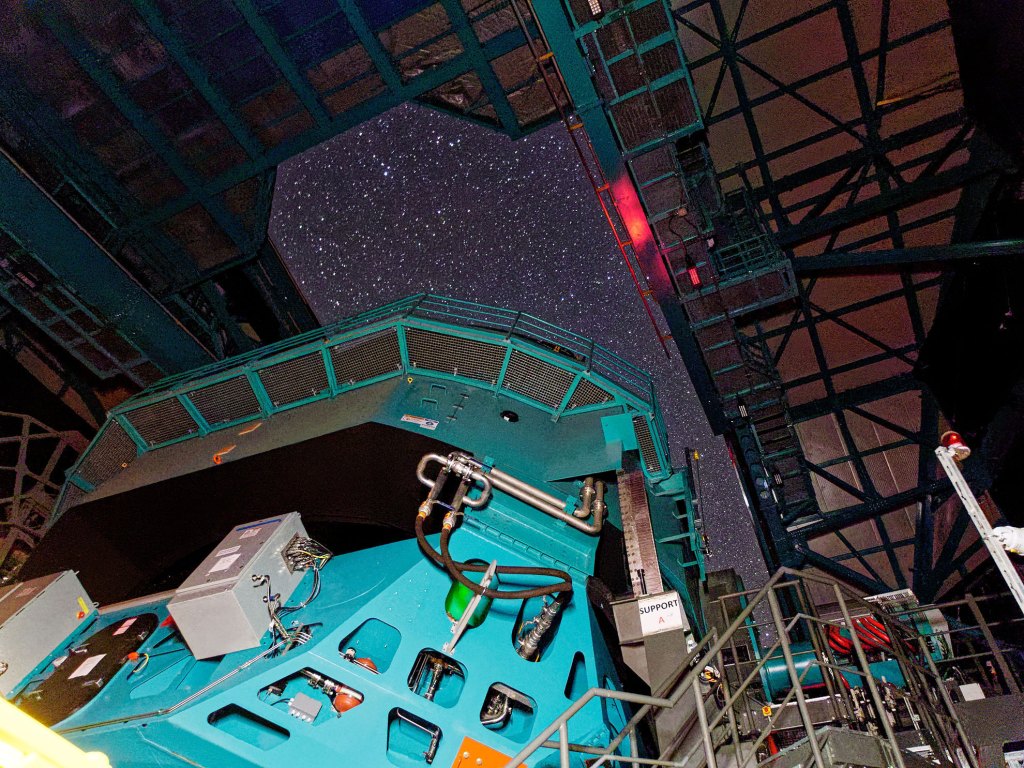
-
Real reason ACL injury rate is higher for women athletes
Study finds flaw in key sports science metric

-
Can people change?
One thing is certain in the new year — we’ll evolve, with or without resolutions. In podcast, experts consider our responsibility.
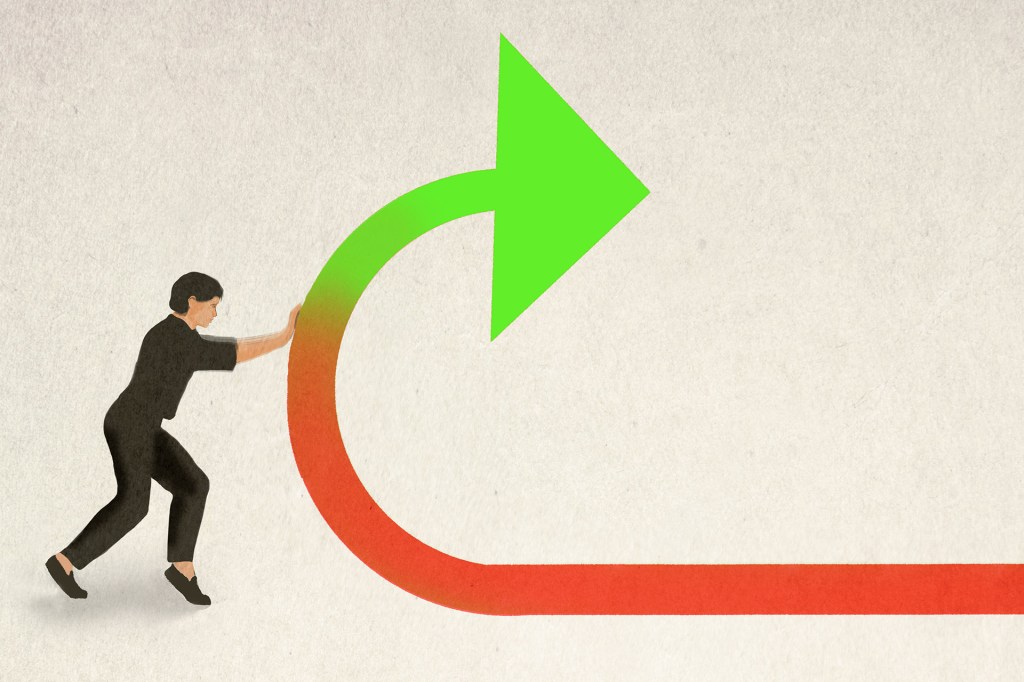
-
A common sense, win-win idea — and both right, left agree
Poll measures support for revenue-sharing plan on renewable energy that helps states, localities, and environment
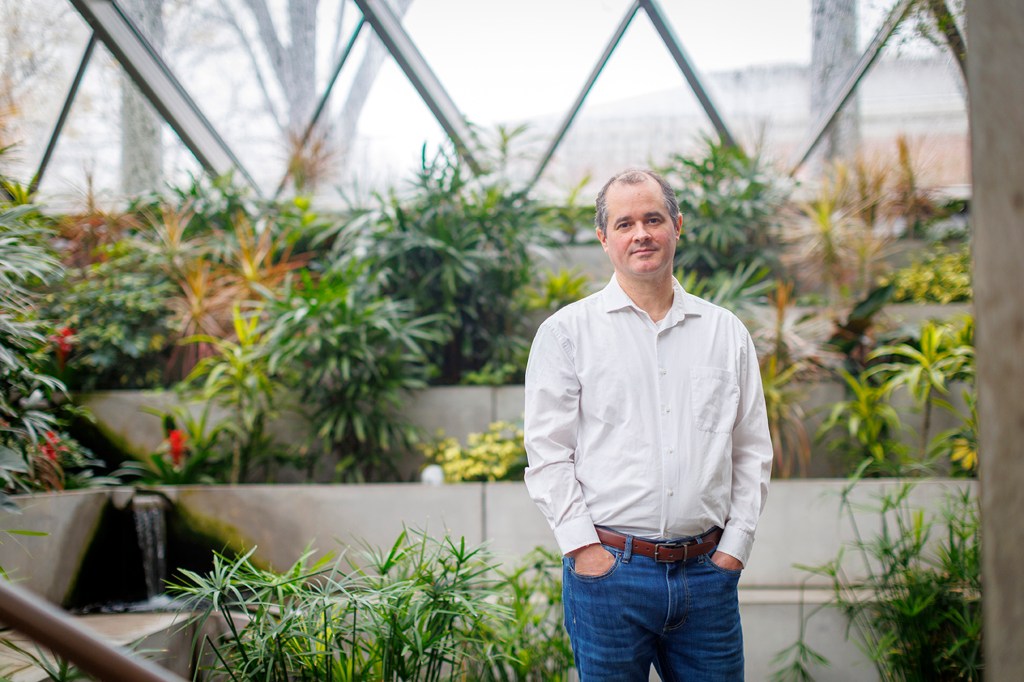
-
Climate change experts see dark clouds ahead
Salata Institute panelists predict legal, regulatory setbacks and areas of hope as Trump administration prepares to take over
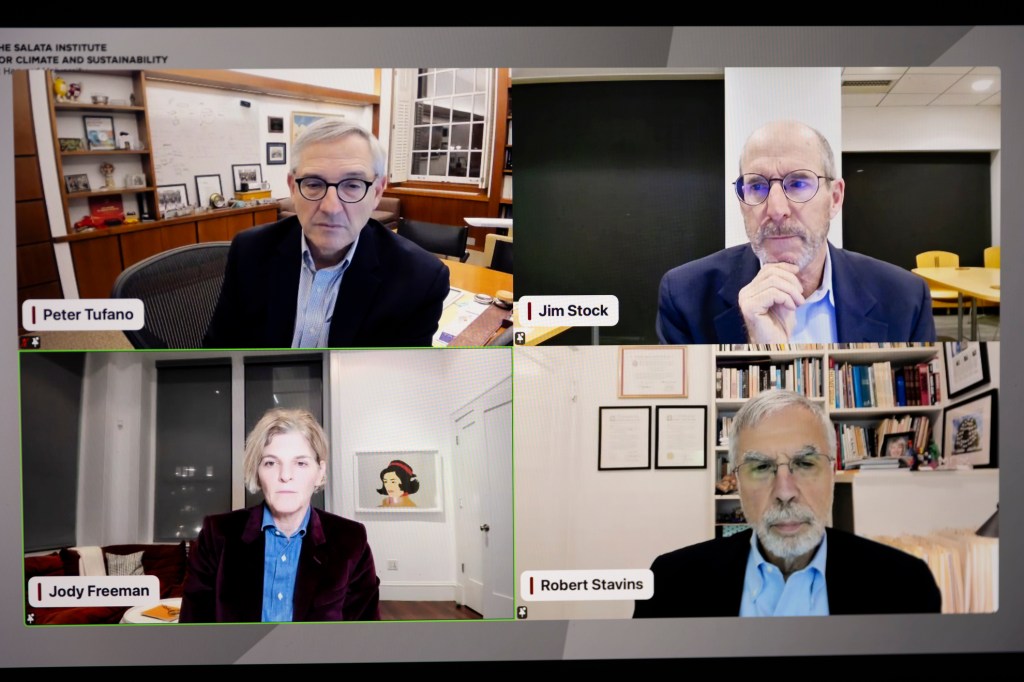
-
Ever wonder why your dog does this?
Study decodes neural mechanism that causes hairy mammals to shake their fur when wet

-
Kempner AI cluster named one of world’s fastest ‘green’ supercomputers
Computational power can be used to train and run artificial neural networks, creates key advances in understanding basis of intelligence in natural and artificial systems
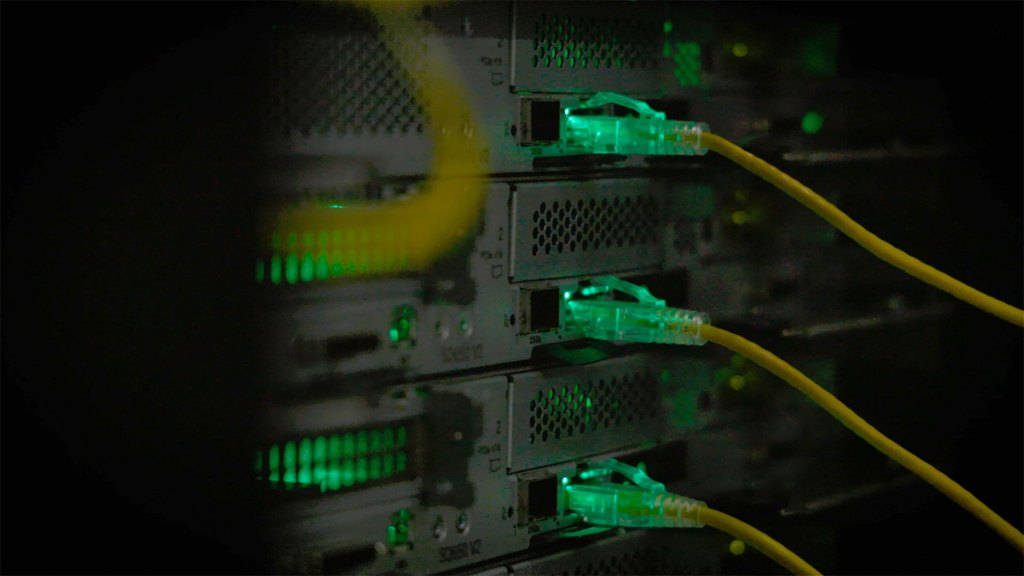
-
How humans evolved to be ‘energetically unique’
Metabolic rates outpaced ‘couch potato’ primates thanks to sweat, says new study
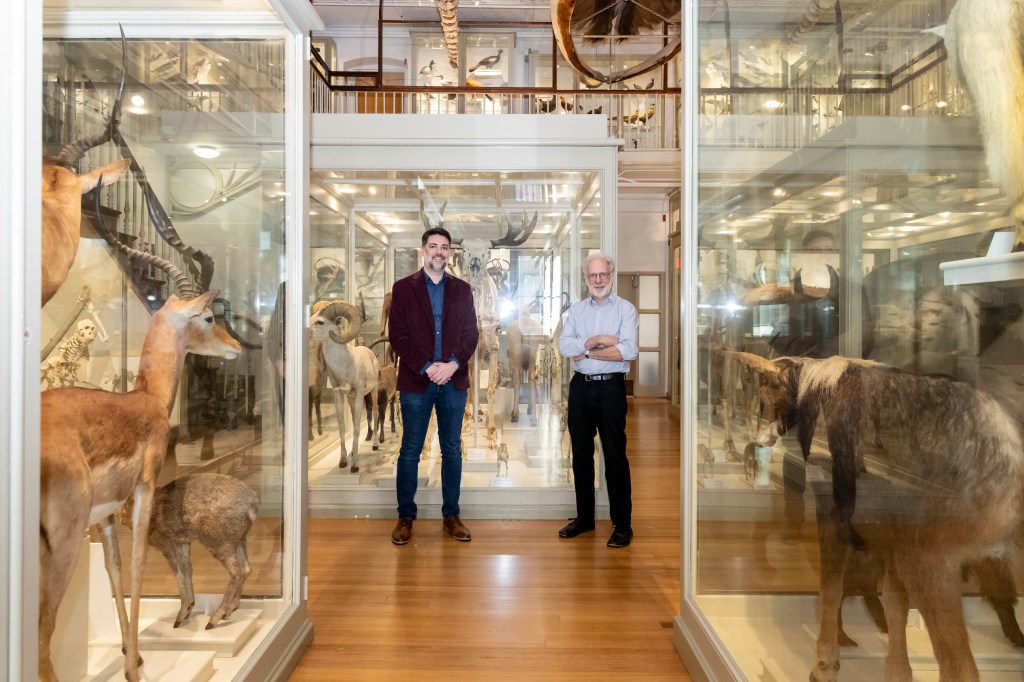
-
‘Harnessing evolution’
New tool allows researchers to study gene mutation directly within living human cells
